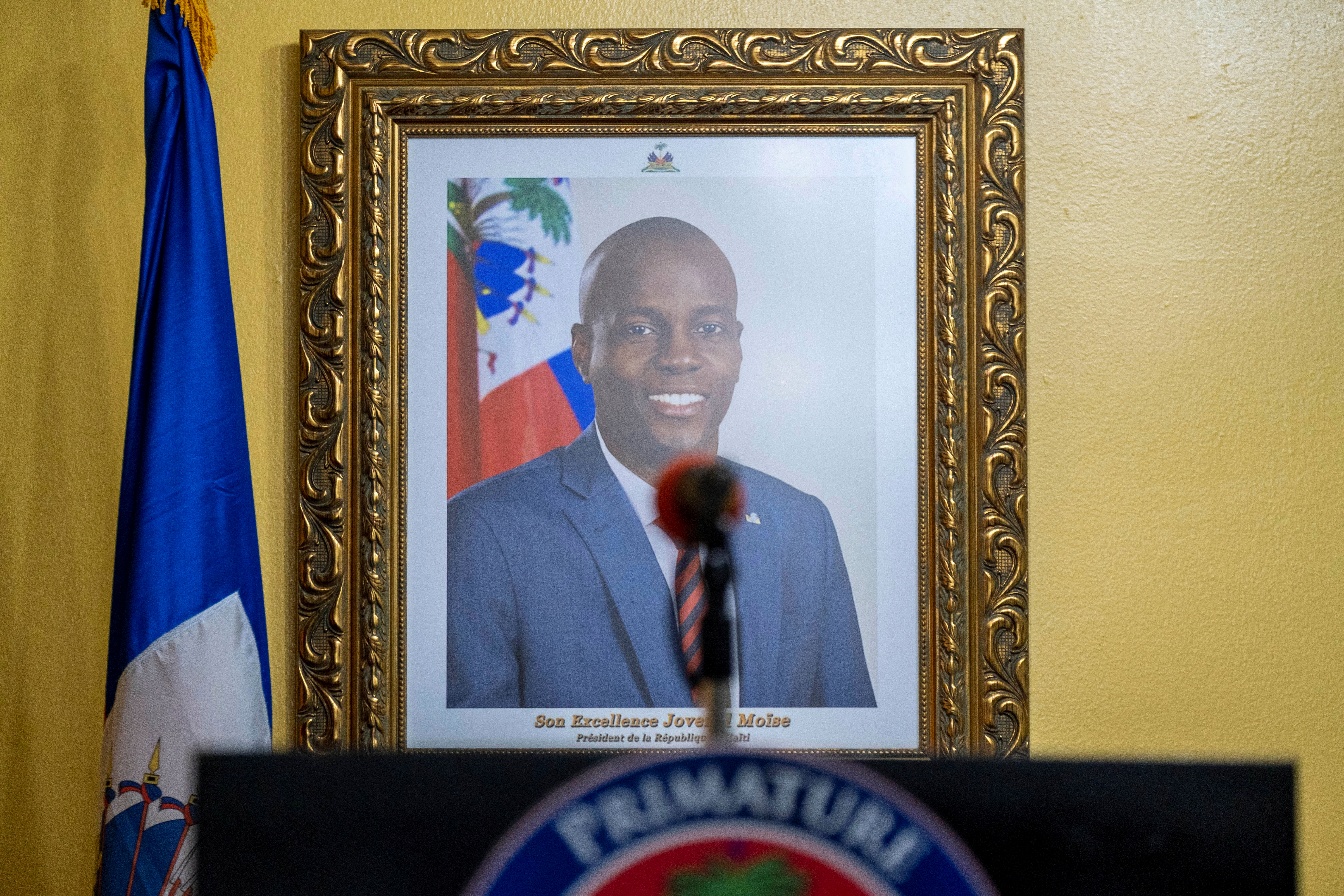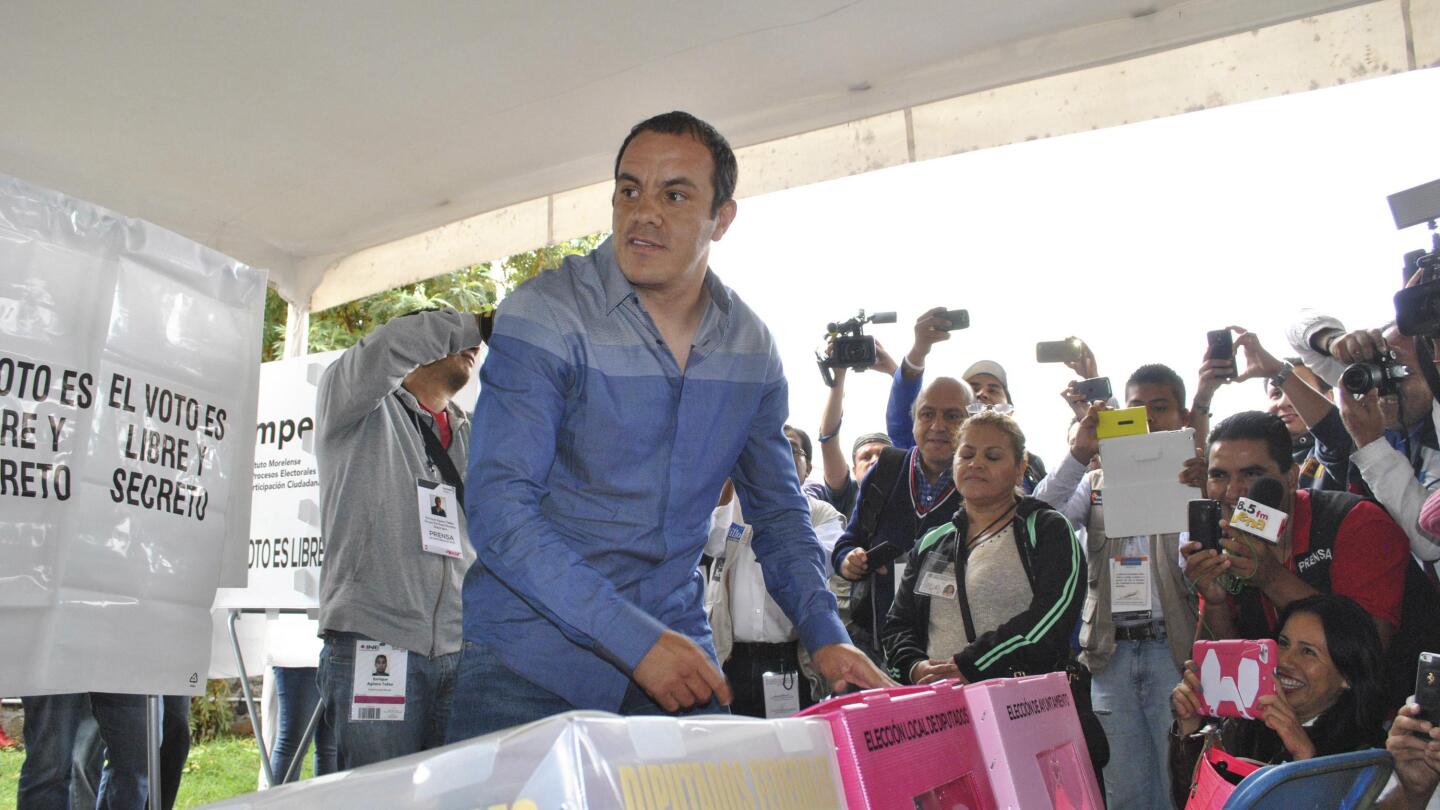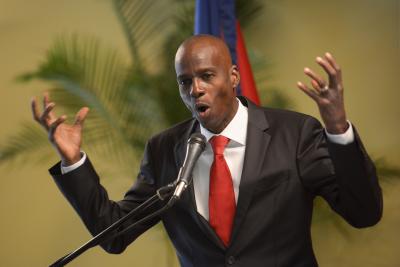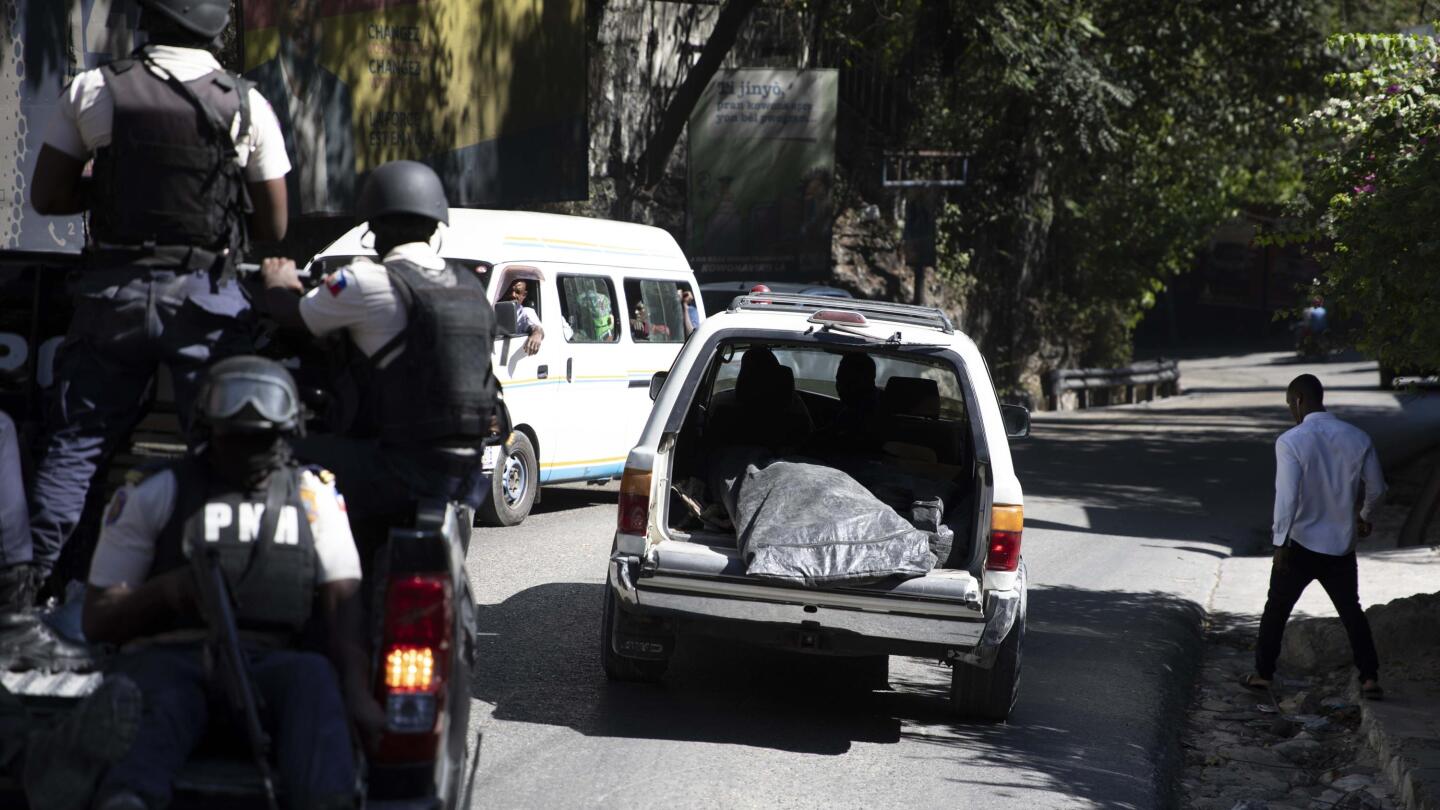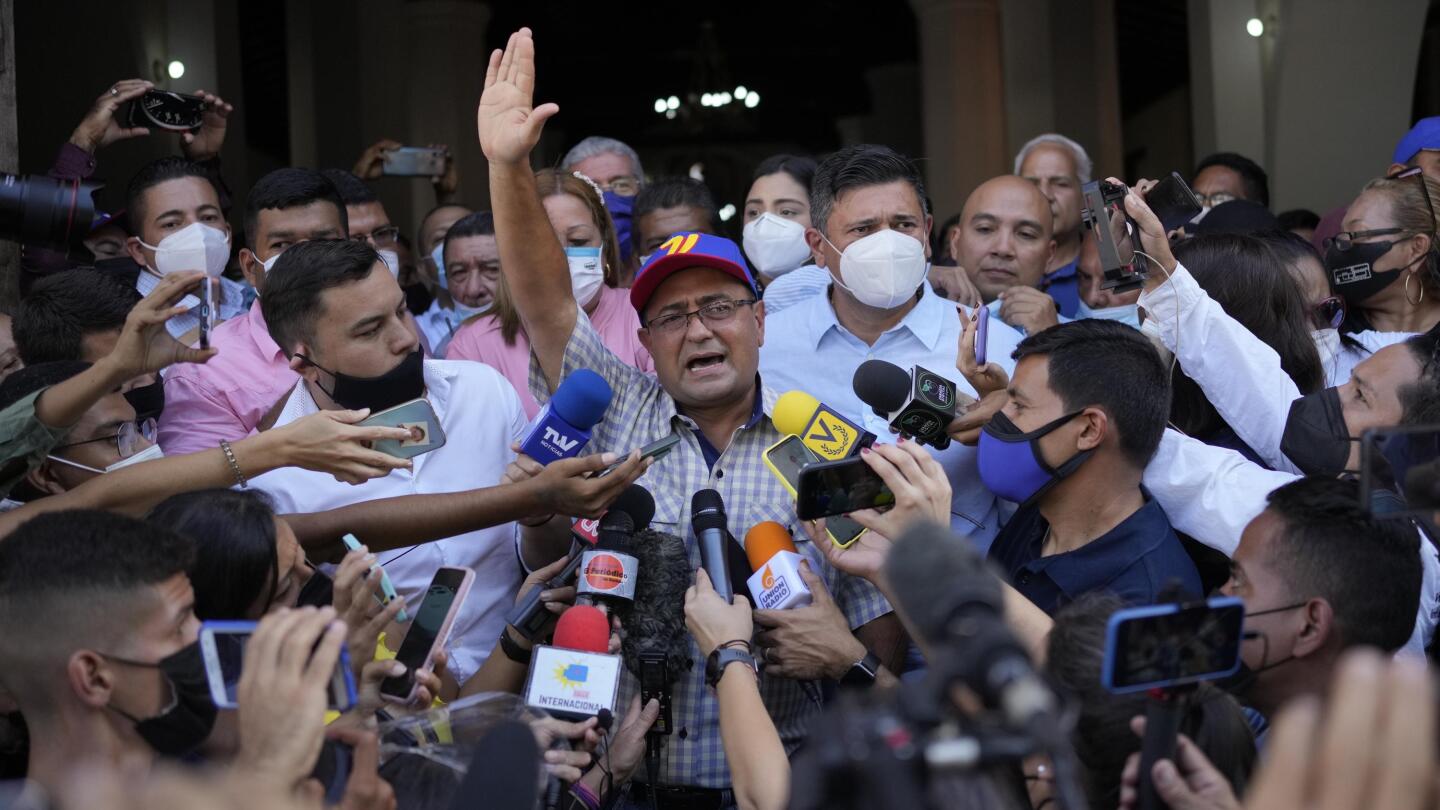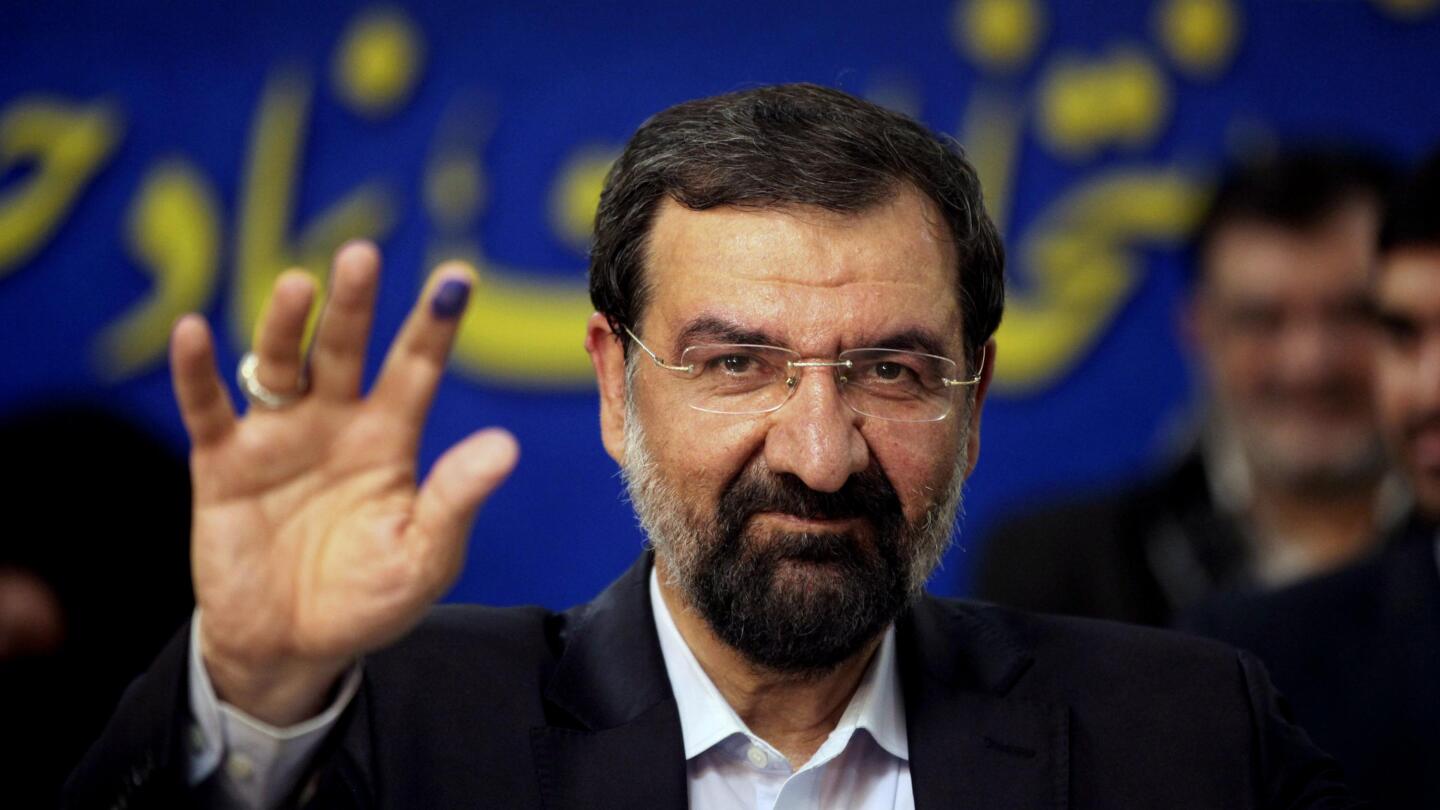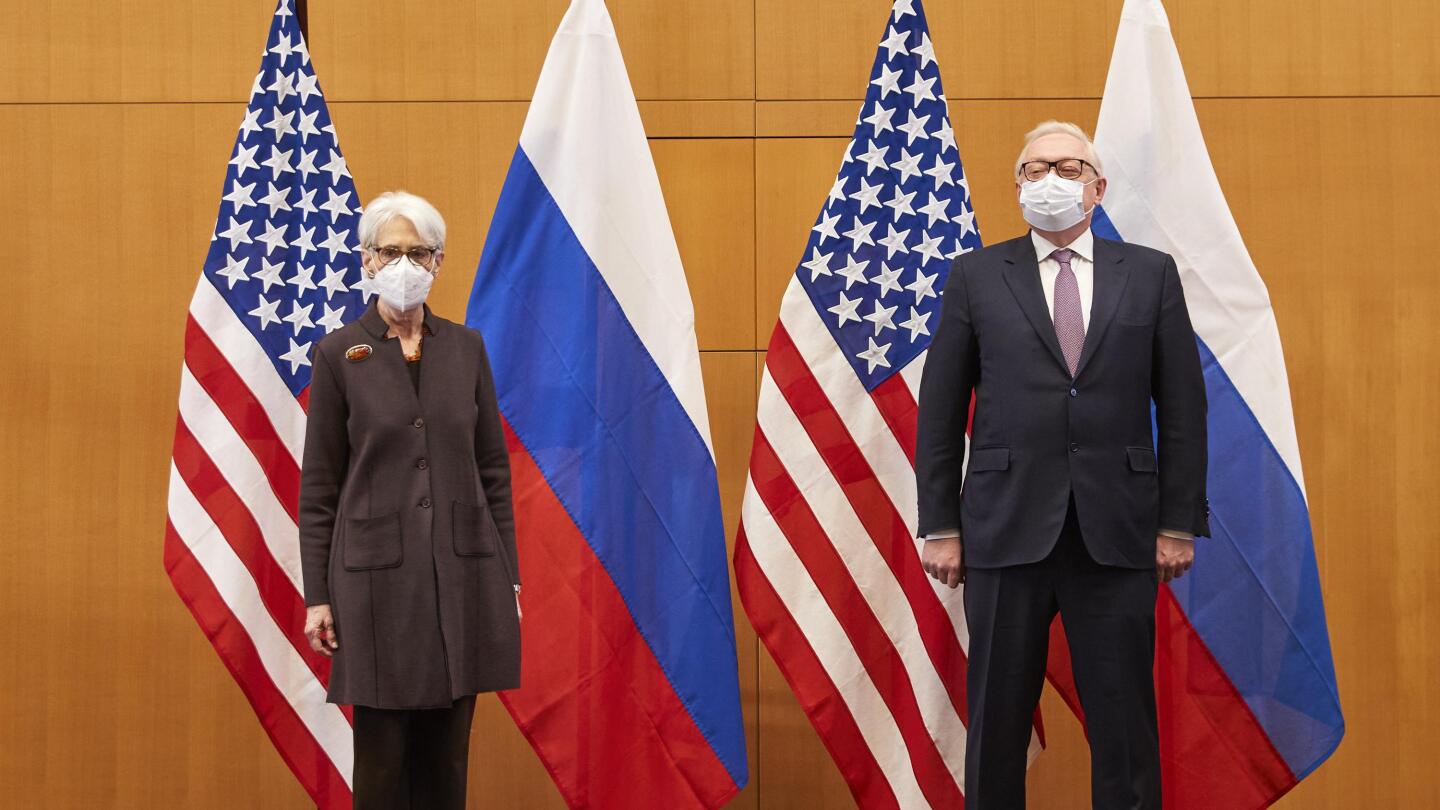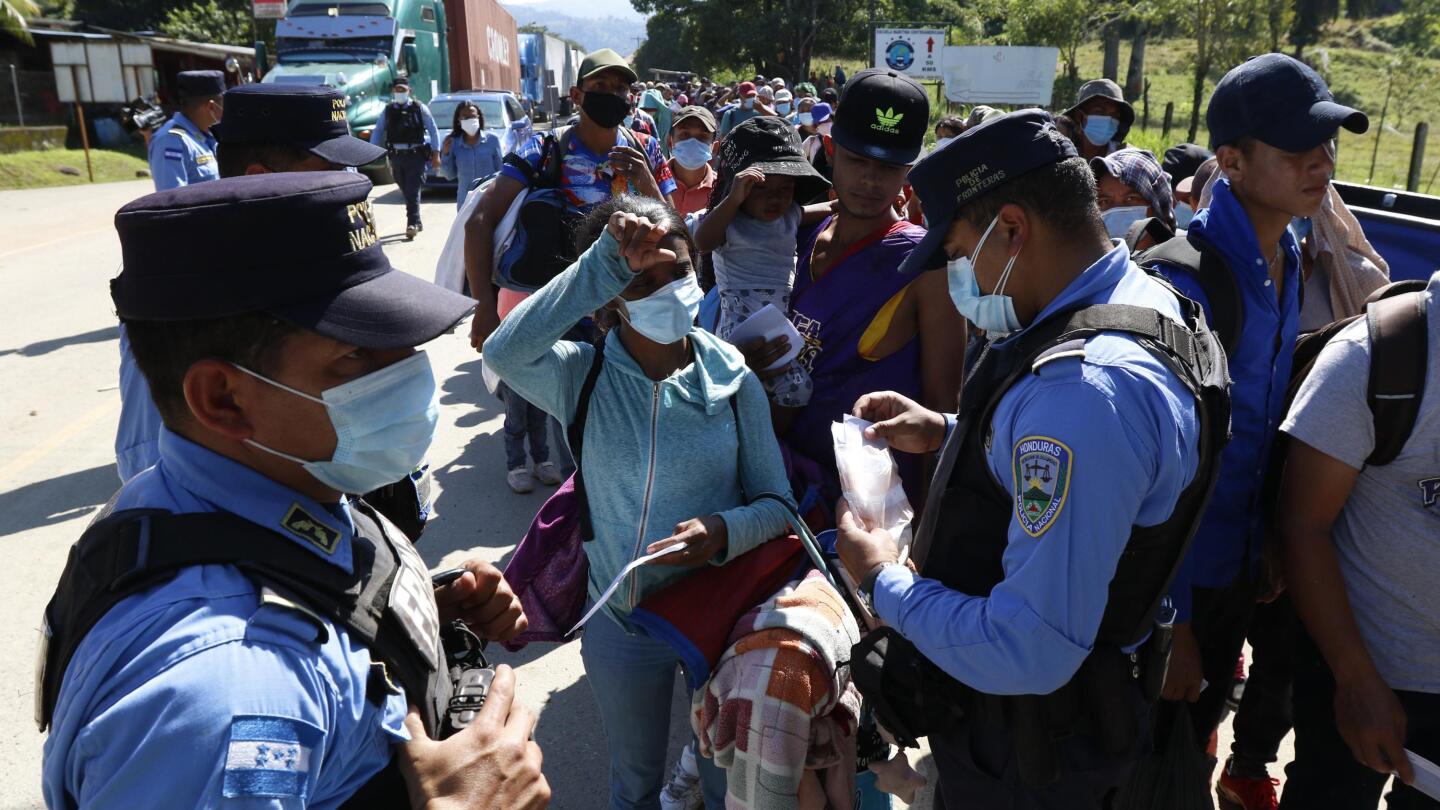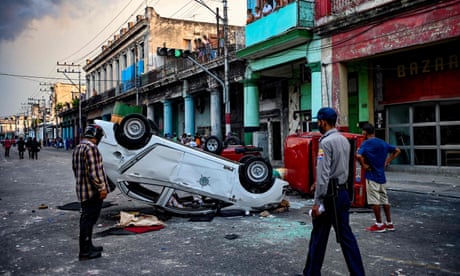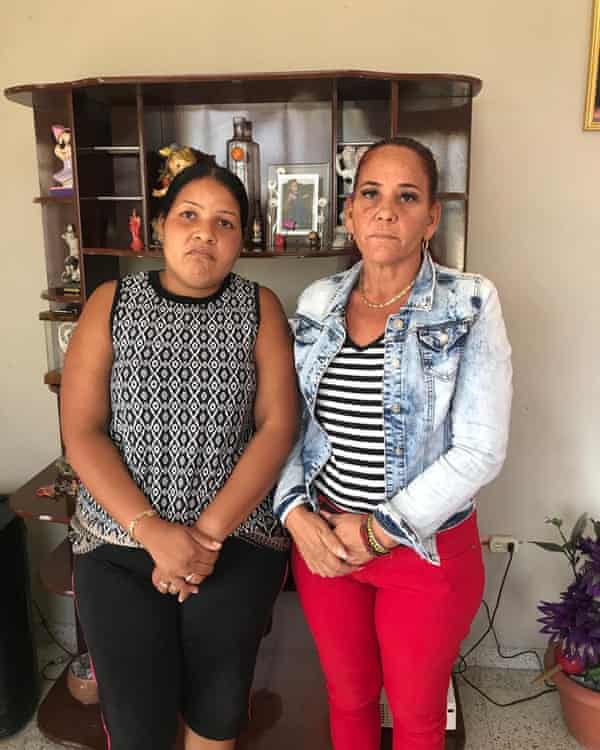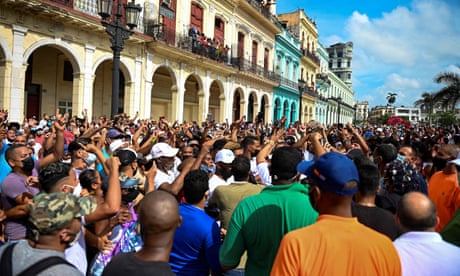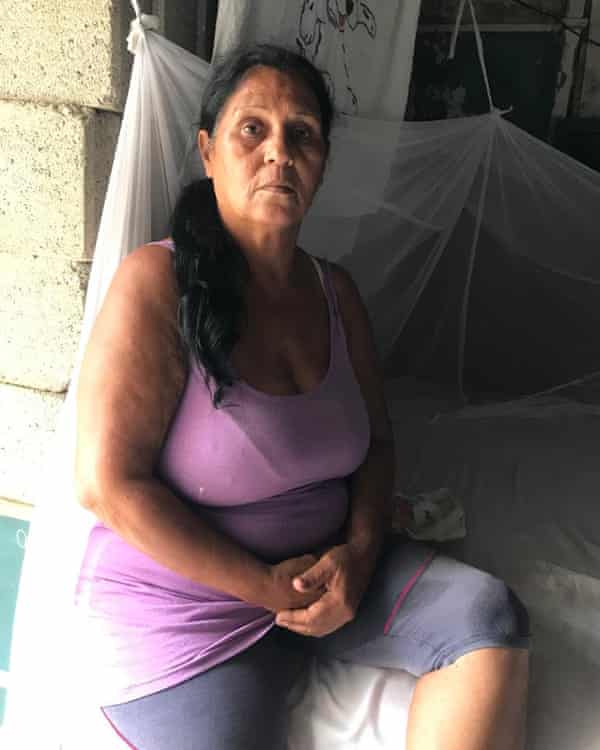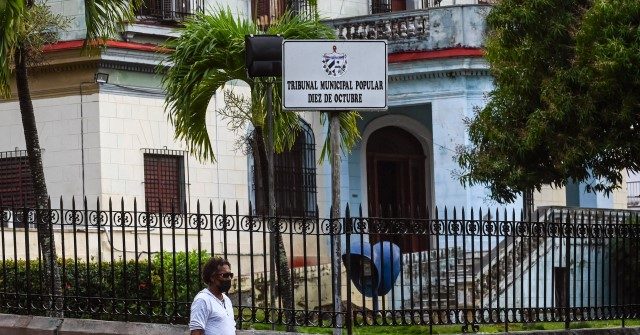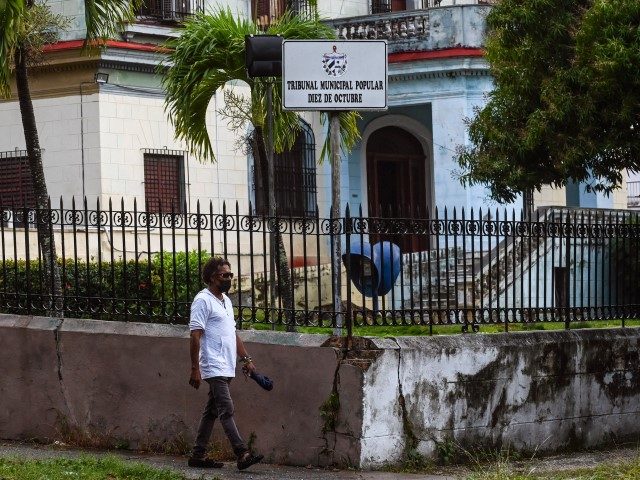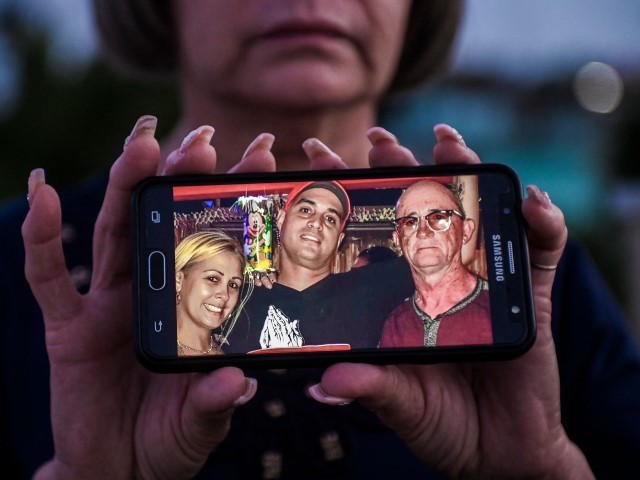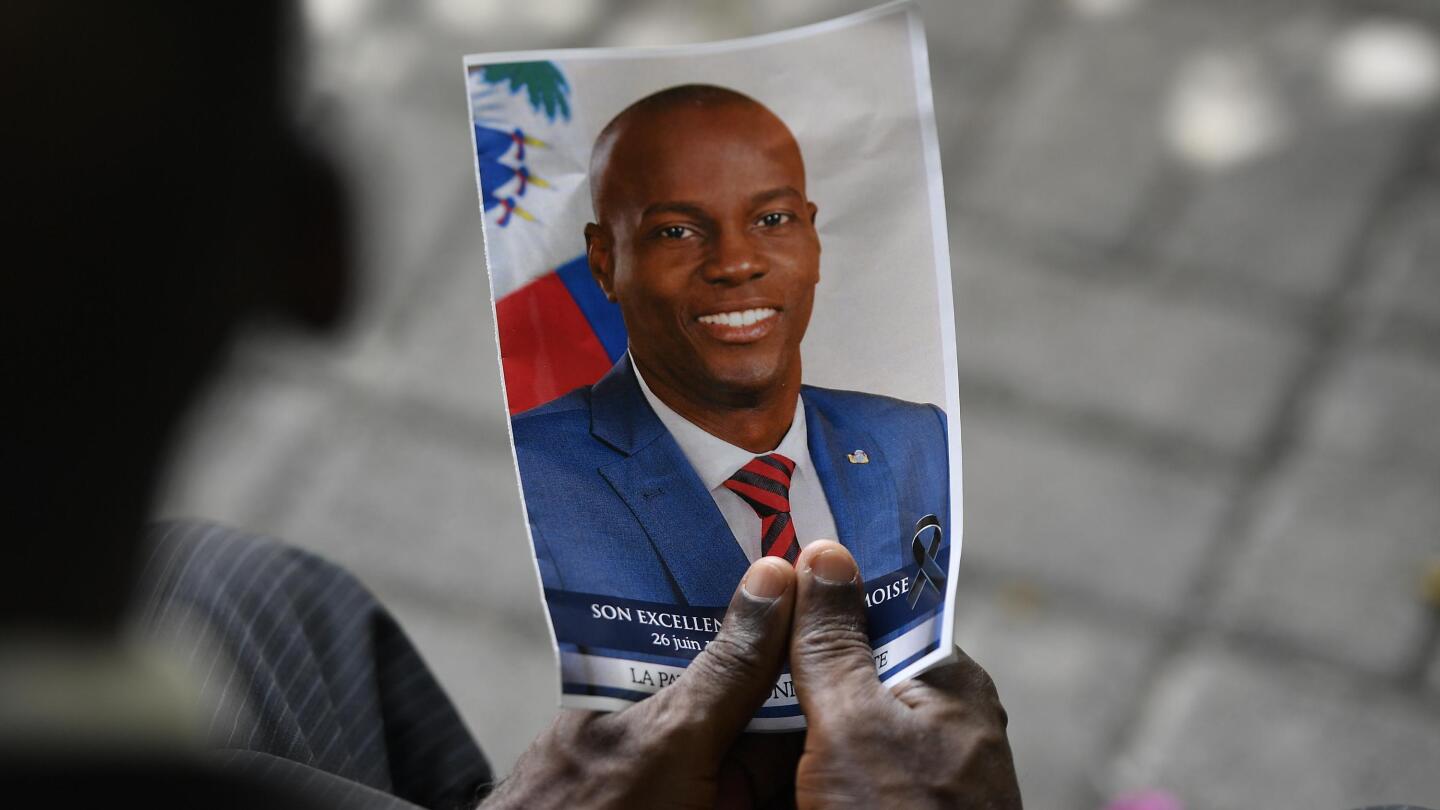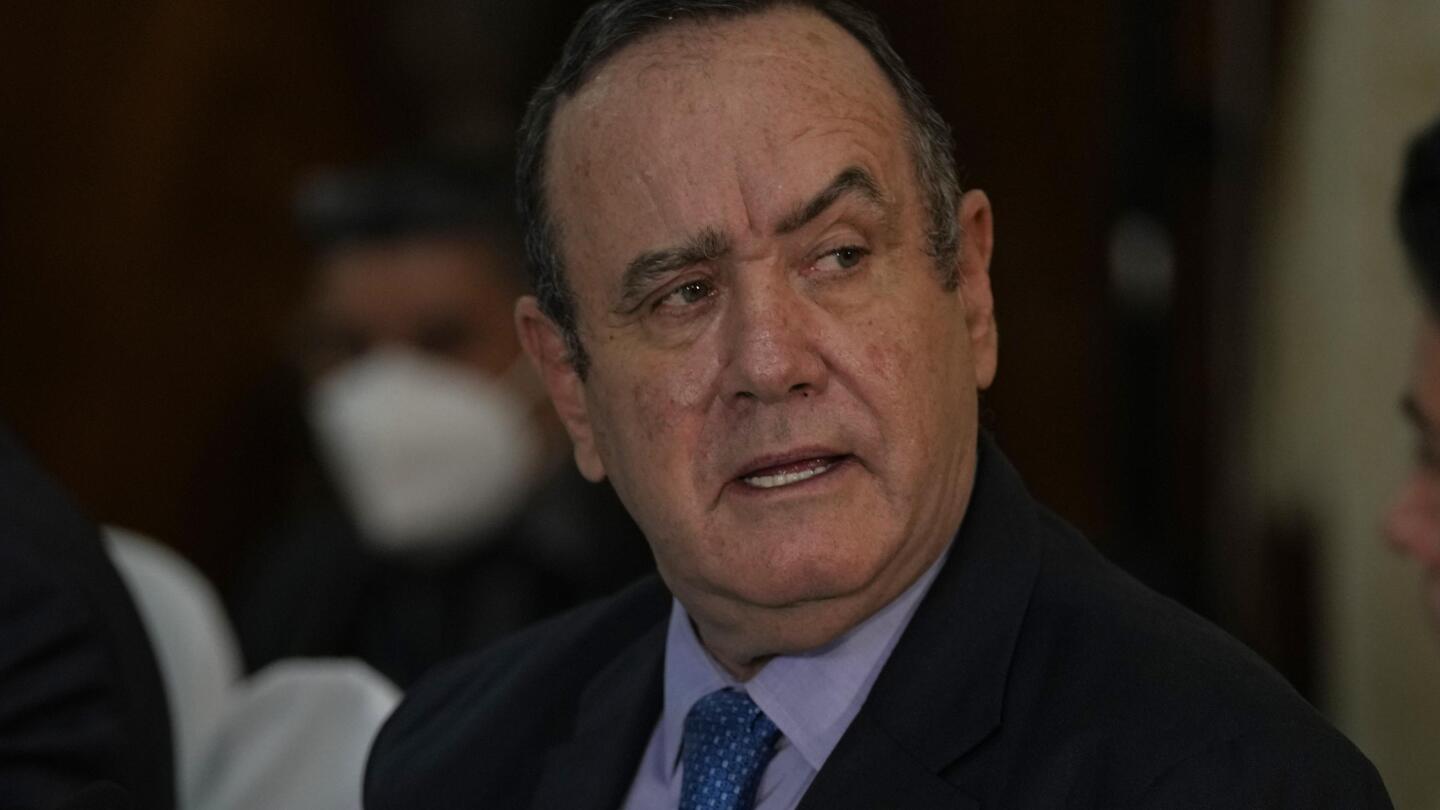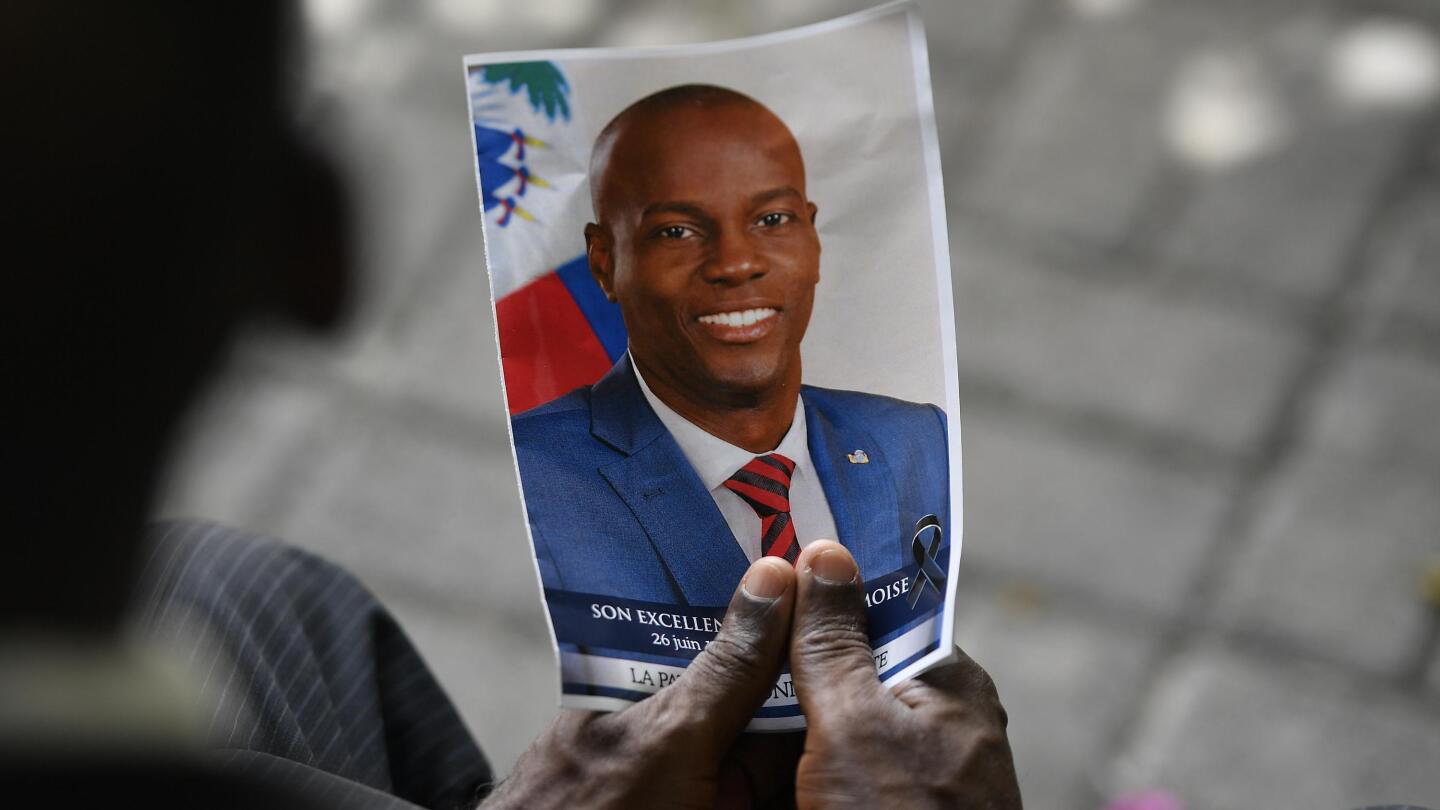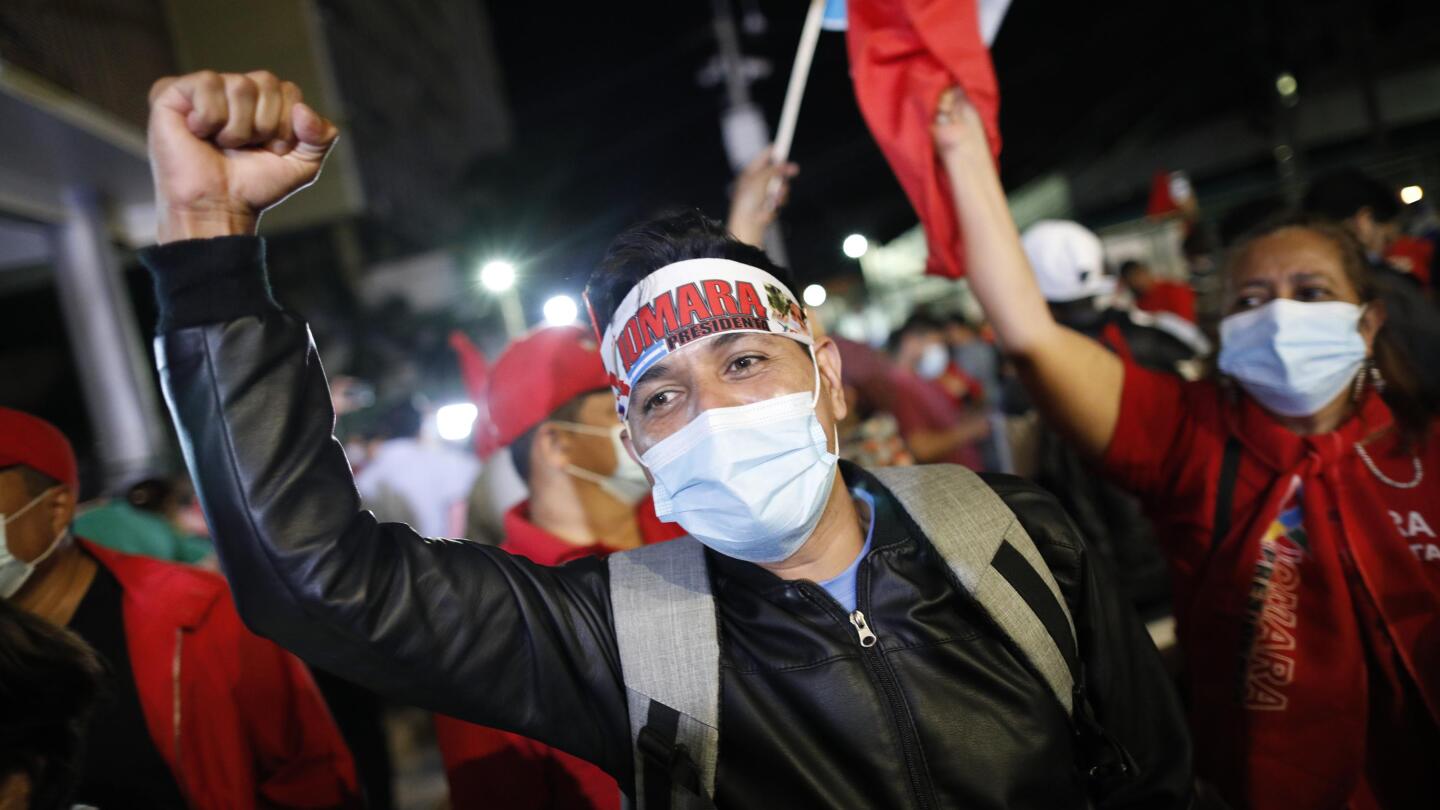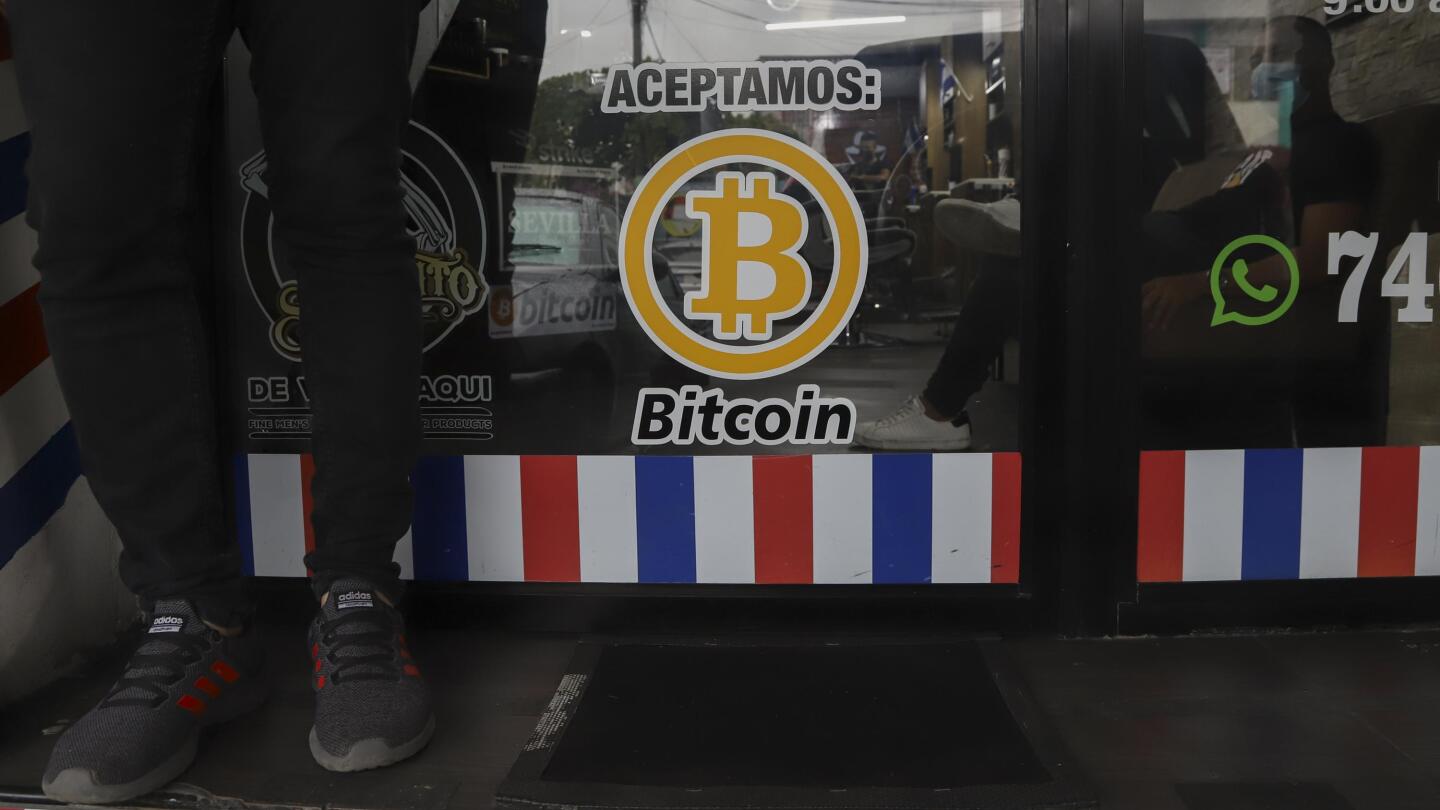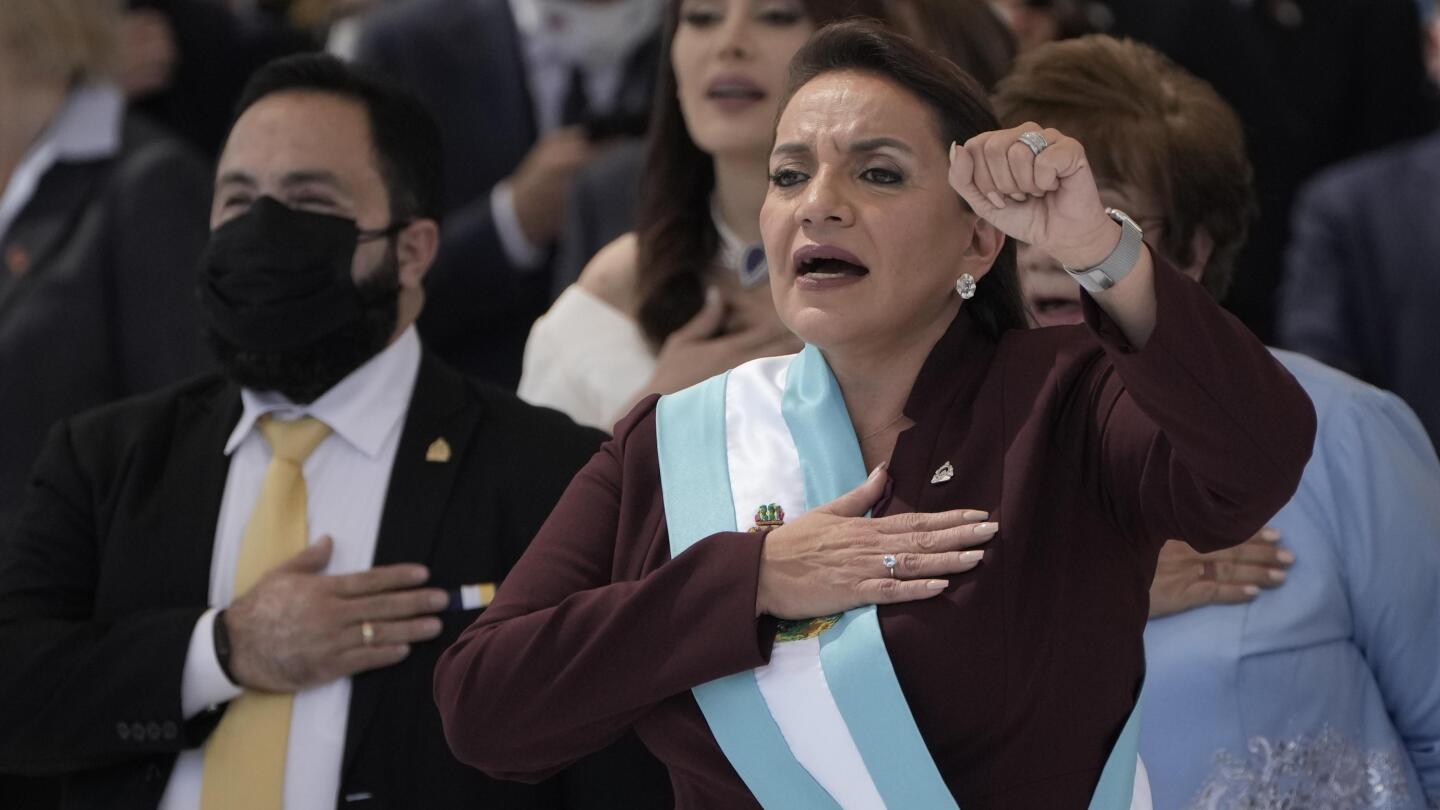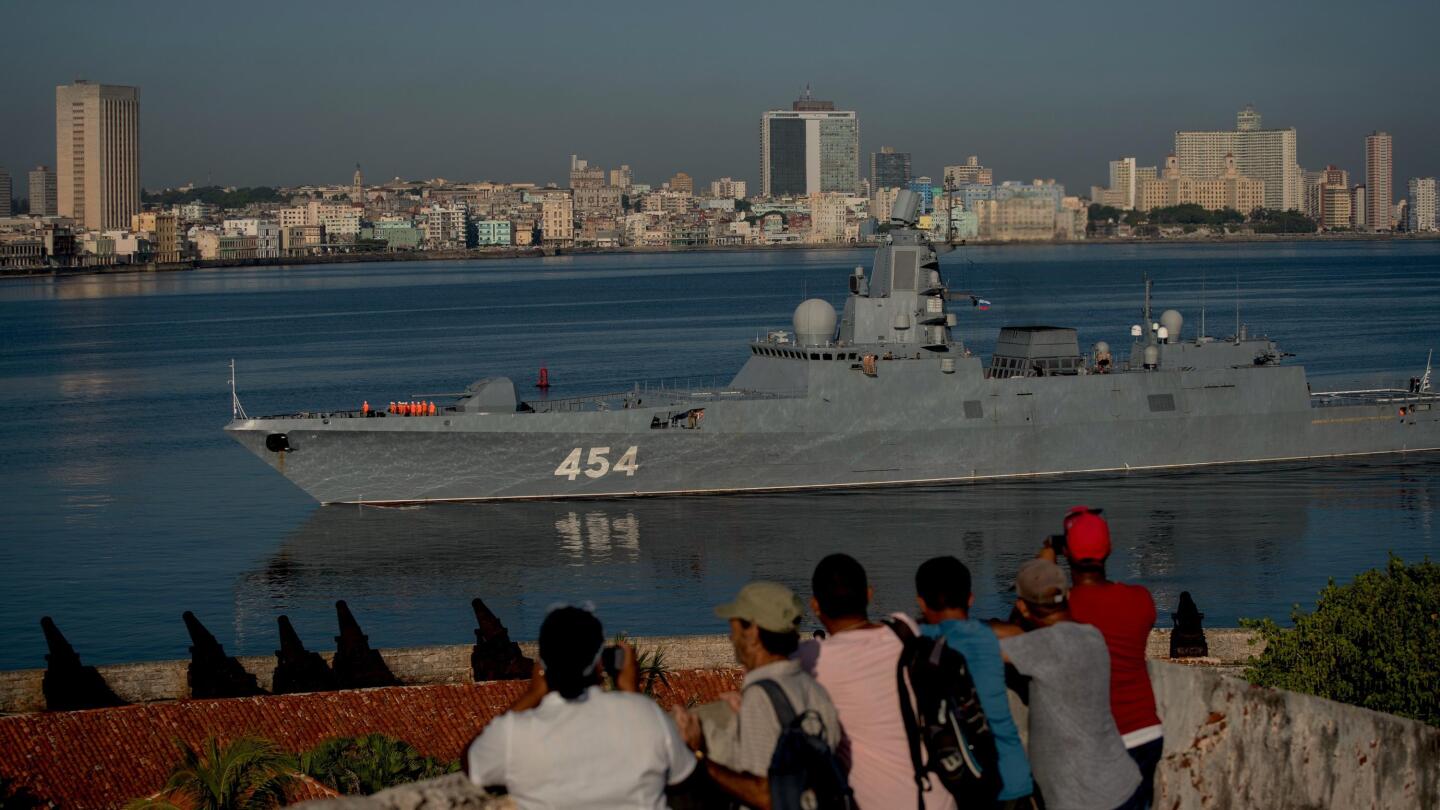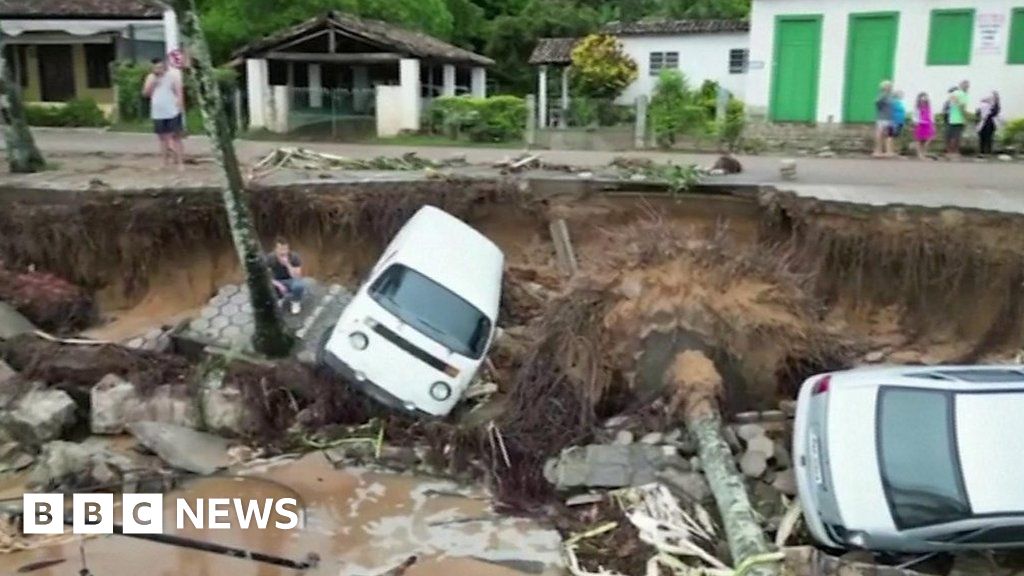Plain Jane
Just Plain Jane
December's thread:
 timebomb2000.com
timebomb2000.com
Main Coronavirus thread beginning page 1486:
 www.timebomb2000.com
www.timebomb2000.com
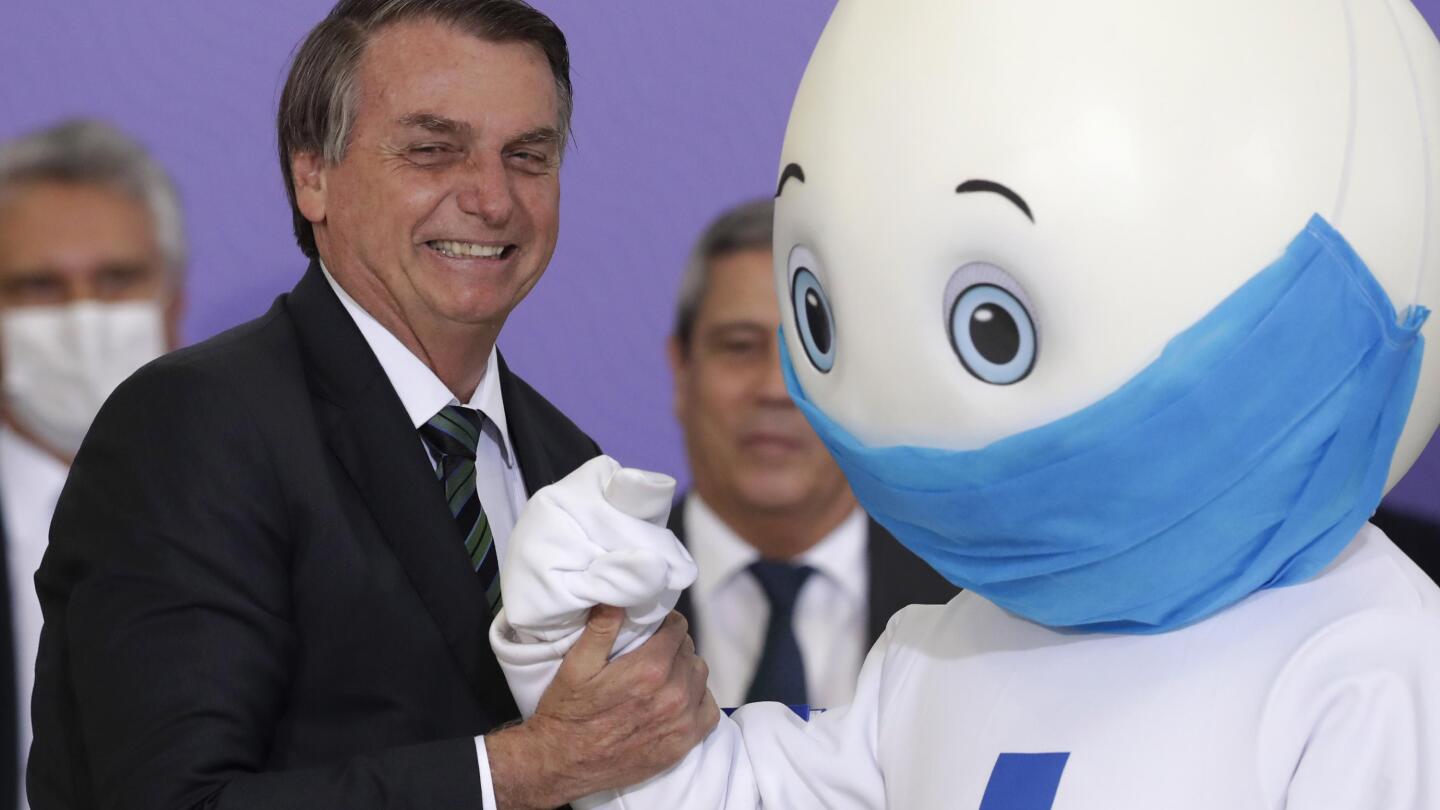
 apnews.com
apnews.com
Should kids be vaccinated? Brazil turns to online survey
By DÉBORA ÁLVARES, MAURICIO SAVARESE and MARCELO SILVA DE SOUSAyesterday

1 of 3
FILE - Brazilian President Jair Bolsonaro poses for photos with the mascot of his nation's vaccination campaign, named "Ze Gotinha," or Joseph Droplet, during a ceremony to present the National Vaccination Plan Against COVID-19 at Planalto presidential palace in Brasilia, Brazil, Dec. 16, 2020. Brazil's government started taking an online public survey on Dec. 24, 2021 to inform their decisions about whether and how to vaccinate children against the coronavirus. (AP Photo/Eraldo Peres, File)
BRASILIA, Brazil (AP) — As world leaders rely on public health specialists to inform their decisions about whether and how to vaccinate children against the coronavirus, Brazil’s government is asking the online public for guidance.
In recent weeks, President Jair Bolsonaro has staked out a position against immunizing kids aged between 5 and 11, and his administration took the unusual step of creating a platform that could validate a stance that is widely opposed by experts. Since his government on Dec. 23 unveiled its online questionnaire on the issue, the president’s supporters have been highly engaged on messaging apps trying to pressure parents to swing the results.
One widely shared post Wednesday on the Telegram group ‘Bolsonaro Army,’ which has about 37,000 members, said the vaccine is experimental and suggested that receiving shots could be more harmful than getting infected, although several studies have shown the opposite is true. It also included a link to the government’s survey, which other people were posting along with instructions to relay to friends and family.
The rally for resistance resembles online behavior observed earlier this month, which catapulted Bolsonaro to the top of the heap in TIME magazine’s readers poll for Person of the Year, David Nemer, an expert on Brazil’s far-right groups on messaging apps, told The Associated Press. Bolsonaro garnered about one-quarter of the more than 9 million votes — nearly triple that of the runner-up, former U.S. President Donald Trump. The magazine’s editors instead chose Elon Musk as 2021 Person of the Year.
This time, however, online efforts are aimed at something far more significant than bestowing an honorific on the president. The survey, which concludes Jan. 2, stands to shape vaccination policy in Latin America’s most populous nation, home to 20 million kids aged 5 to 11. Health Minister Marcelo Queiroga has said they will soon be eligible for vaccination, but survey results will help determine guidelines including whether shots could only be administered with parental consent and a doctor’s prescription.
“This is a tool of democracy, it widens the discussion on the topic and it will bring more ease for parents so they can take their children to immunize against COVID-19,” Queiroga said Wednesday.
Health experts, for their part, are aghast. Some Brazilian states’ health secretariats have already pledged to ignore any health ministry guidelines on childhood vaccination if based on the public consultation.
Gonzalo Vecina, founder and director of Brazil’s health regulator between 1999 and 2003, says public consultation on vaccines is “unprecedented”.
“Bolsonaro is against the vaccine and his employee, the health minister, believes that health is a matter of public opinion. It is a spurious and nonsensical approach,” Vecina told the AP. “If only deniers send their opinion in the public consultation, is the government going to say that the vaccine doesn’t have to be used?”
Denialism from the top in Brazil is a bit of deja vu. Even as COVID-19 exploded, driving the nation’s death toll to the second highest in the world, Bolsonaro spent months sowing doubts about vaccines and was obstinate in his refusal to get a shot. He has cited the fact he contracted the coronavirus in 2020 to claim, incorrectly, that he is already immune, and routinely characterizes vaccination as an issue of personal choice rather than a means for ensuring the common good.
So when Brazil’s health regulator authorized use of Pfizer’s shot for children on Dec. 16, Bolsonaro was stunned.
“Kids are something very serious,” he said the same night in his weekly live broadcast on social media. “We don’t know about possible adverse future effects. It’s unbelievable — I’m sorry — what the agency did. Unbelievable.”
A study released Thursday by U.S. health authorities confirmed that serious side effects from the Pfizer vaccine in children ages 5 to 11 are rare. The findings were based on approximately 8 million doses dispensed to youngsters in that age group.
Bolsonaro added that he would name and expose the public servants who issued the approval, prompting a union representing health agency workers to express concern about online abuse or even physical attacks.
Despite fervent support among his base, Bolsonaro’s anti-vaccine stance hasn’t gained as much traction in Brazil — which has a proud history of inoculation campaigns — as in the U.S. More than two-thirds of Brazilians are fully vaccinated, as compared to 63% in the U.S., according to Johns Hopkins University’s vaccination tracker, though American children have been eligible for shots since early November.
In neighboring Argentina, the government has allowed kids 12 years and older to be vaccinated since August, and more recently began giving shots to children as young as 3. In the face of subsequent criticism, the nation’s health ministry cited the recommendation of the nation’s association of pediatricians. In Chile, two-thirds of kids aged between 3 and 17 have already received both their shots, after the nation’s health regulator analyzed an immunization study of 100 million children.
For the time being, Mexico isn’t vaccinating children except those 12 years or older with illnesses that put them at greater risk. Mexico’s point man for the pandemic, Hugo López-Gatell, said Tuesday the World Health Organization hasn’t recommended vaccinating children aged 5 to 11, and that countries with ample vaccine coverage, like Mexico, shouldn’t vaccinate kids until developing nations with limited coverage can raise their adult vaccination rates.
In Brazil, Mauro Paulino, general director of prominent pollster Datafolha, said one problem with the Bolsonaro government’s survey is the way questions are framed, repeatedly asking interviewees, “Do you agree that...?” Such failure to present questions neutrally can induce responses.
“Datafolha always gives the two possible alternatives: whether the interviewee agrees or disagrees with the statement,” he said. “Both sides of the question are necessary.”
Bolsonaro told supporters on Tuesday that pressure to inoculate kids stems from the “vaccine lobby” — a veiled reference to pharmaceutical companies. Many Bolsonaro supporters the next day were sharing a post from the Telegram group “Doctors for life,” which has more than 60,000 followers and frequently echoes the president’s unscientific COVID-19 advice.
One Telegram post with more than 200,000 shares said no child should be a guinea pig for the pharmaceutical industry. Tens of millions of doses have been administered to children around the world, with rare serious side effects. While few children die from COVID-19, vaccinating them can minimize the virus’ spread in society.
Bolsonaro also said this week he won’t allow the vaccination of his 11-year-old daughter. Meantime, his wife and politician sons received their shots, along with at least 16 of his 22 ministers — including Health Minister Queiroga.
Politicians from the party Bolsonaro joined to run for re-election in 2022 have advocated not only for vaccination, but also requiring proof of vaccination to enter certain places — another supposed infringement on personal liberties Bolsonaro opposes.
His chaotic management of the pandemic since its onset has been roundly criticized, and a Senate investigative committee recommended he face criminal charges.
But the president and his die-hard supporters on Telegram and WhatsApp aren’t backing down. Many interpreted his comments regarding his daughter in particular as a directive to reject the immunization of kids.
“There are a lot of messages about the dangers of vaccines, studies that aren’t true,” said Nemer, the expert on far-right groups, and an assistant professor of media studies at the University of Virginia. “They’re bringing a lot of disinformation about vaccinating kids to motivate the base.”
Pro-Bolsonaro messaging app groups brought the topic back hours before the New Year arrived after the president once more attacked child vaccination in a six-minute national address on television.
“We defend that vaccines for kids between ages 5 and 11 are only given with the consent of parents and a medical prescription. Liberty must be respected,” Bolsonaro said.
Many Brazilians went to their balconies to bang on their pots in protest against the president.
_____
Associated Press writer Debora Alvares reported this story in Brasilia, AP writer Mauricio Savarese reported from Sao Paulo and AP writer Marcelo Silva de Sousa reported from Rio de Janeiro. AP writers Eva Vergara in Santiago, Chile, Debora Rey in Buenos Aires, Argentina, and Christopher Sherman in Mexico City contributed to this report.
INTL - Latin America and the Islands: Politics, Economics, Military- December 2021
November's thread: https://www.timebomb2000.com/xf/index.php?threads/latin-america-and-the-islands-politics-economics-military-november-2021.610078/ Main Coronavirus thread beginning page1455: https://www.timebomb2000.com/xf/index.php?threads/main-coronavirus-thread.566780/page-1455...
Main Coronavirus thread beginning page 1486:
CORONA - Main Coronavirus thread
https://thefederalist.com/2021/12/31/cdc-now-treats-unvaccinated-the-same-as-un-boosted-just-as-desantis-predicted/ CDC Now Treats Unvaccinated The Same As Un-Boosted, Just As DeSantis Predicted BY: SHAWN FLEETWOOD DECEMBER 31, 2021 IMAGE CREDITGAGE SKIDMORE/WIKIMEDIA COMMONS The CDC is...

Should kids be vaccinated? Brazil turns to online survey
Leaders around the world are relying on public health specialists to inform their decisions about whether and when to vaccinate their nation’s kids, but Brazil government is instead asking the public for guidance.
Should kids be vaccinated? Brazil turns to online survey
By DÉBORA ÁLVARES, MAURICIO SAVARESE and MARCELO SILVA DE SOUSAyesterday

1 of 3
FILE - Brazilian President Jair Bolsonaro poses for photos with the mascot of his nation's vaccination campaign, named "Ze Gotinha," or Joseph Droplet, during a ceremony to present the National Vaccination Plan Against COVID-19 at Planalto presidential palace in Brasilia, Brazil, Dec. 16, 2020. Brazil's government started taking an online public survey on Dec. 24, 2021 to inform their decisions about whether and how to vaccinate children against the coronavirus. (AP Photo/Eraldo Peres, File)
BRASILIA, Brazil (AP) — As world leaders rely on public health specialists to inform their decisions about whether and how to vaccinate children against the coronavirus, Brazil’s government is asking the online public for guidance.
In recent weeks, President Jair Bolsonaro has staked out a position against immunizing kids aged between 5 and 11, and his administration took the unusual step of creating a platform that could validate a stance that is widely opposed by experts. Since his government on Dec. 23 unveiled its online questionnaire on the issue, the president’s supporters have been highly engaged on messaging apps trying to pressure parents to swing the results.
One widely shared post Wednesday on the Telegram group ‘Bolsonaro Army,’ which has about 37,000 members, said the vaccine is experimental and suggested that receiving shots could be more harmful than getting infected, although several studies have shown the opposite is true. It also included a link to the government’s survey, which other people were posting along with instructions to relay to friends and family.
The rally for resistance resembles online behavior observed earlier this month, which catapulted Bolsonaro to the top of the heap in TIME magazine’s readers poll for Person of the Year, David Nemer, an expert on Brazil’s far-right groups on messaging apps, told The Associated Press. Bolsonaro garnered about one-quarter of the more than 9 million votes — nearly triple that of the runner-up, former U.S. President Donald Trump. The magazine’s editors instead chose Elon Musk as 2021 Person of the Year.
This time, however, online efforts are aimed at something far more significant than bestowing an honorific on the president. The survey, which concludes Jan. 2, stands to shape vaccination policy in Latin America’s most populous nation, home to 20 million kids aged 5 to 11. Health Minister Marcelo Queiroga has said they will soon be eligible for vaccination, but survey results will help determine guidelines including whether shots could only be administered with parental consent and a doctor’s prescription.
“This is a tool of democracy, it widens the discussion on the topic and it will bring more ease for parents so they can take their children to immunize against COVID-19,” Queiroga said Wednesday.
Health experts, for their part, are aghast. Some Brazilian states’ health secretariats have already pledged to ignore any health ministry guidelines on childhood vaccination if based on the public consultation.
Gonzalo Vecina, founder and director of Brazil’s health regulator between 1999 and 2003, says public consultation on vaccines is “unprecedented”.
“Bolsonaro is against the vaccine and his employee, the health minister, believes that health is a matter of public opinion. It is a spurious and nonsensical approach,” Vecina told the AP. “If only deniers send their opinion in the public consultation, is the government going to say that the vaccine doesn’t have to be used?”
Denialism from the top in Brazil is a bit of deja vu. Even as COVID-19 exploded, driving the nation’s death toll to the second highest in the world, Bolsonaro spent months sowing doubts about vaccines and was obstinate in his refusal to get a shot. He has cited the fact he contracted the coronavirus in 2020 to claim, incorrectly, that he is already immune, and routinely characterizes vaccination as an issue of personal choice rather than a means for ensuring the common good.
So when Brazil’s health regulator authorized use of Pfizer’s shot for children on Dec. 16, Bolsonaro was stunned.
“Kids are something very serious,” he said the same night in his weekly live broadcast on social media. “We don’t know about possible adverse future effects. It’s unbelievable — I’m sorry — what the agency did. Unbelievable.”
A study released Thursday by U.S. health authorities confirmed that serious side effects from the Pfizer vaccine in children ages 5 to 11 are rare. The findings were based on approximately 8 million doses dispensed to youngsters in that age group.
Bolsonaro added that he would name and expose the public servants who issued the approval, prompting a union representing health agency workers to express concern about online abuse or even physical attacks.
Despite fervent support among his base, Bolsonaro’s anti-vaccine stance hasn’t gained as much traction in Brazil — which has a proud history of inoculation campaigns — as in the U.S. More than two-thirds of Brazilians are fully vaccinated, as compared to 63% in the U.S., according to Johns Hopkins University’s vaccination tracker, though American children have been eligible for shots since early November.
In neighboring Argentina, the government has allowed kids 12 years and older to be vaccinated since August, and more recently began giving shots to children as young as 3. In the face of subsequent criticism, the nation’s health ministry cited the recommendation of the nation’s association of pediatricians. In Chile, two-thirds of kids aged between 3 and 17 have already received both their shots, after the nation’s health regulator analyzed an immunization study of 100 million children.
For the time being, Mexico isn’t vaccinating children except those 12 years or older with illnesses that put them at greater risk. Mexico’s point man for the pandemic, Hugo López-Gatell, said Tuesday the World Health Organization hasn’t recommended vaccinating children aged 5 to 11, and that countries with ample vaccine coverage, like Mexico, shouldn’t vaccinate kids until developing nations with limited coverage can raise their adult vaccination rates.
In Brazil, Mauro Paulino, general director of prominent pollster Datafolha, said one problem with the Bolsonaro government’s survey is the way questions are framed, repeatedly asking interviewees, “Do you agree that...?” Such failure to present questions neutrally can induce responses.
“Datafolha always gives the two possible alternatives: whether the interviewee agrees or disagrees with the statement,” he said. “Both sides of the question are necessary.”
Bolsonaro told supporters on Tuesday that pressure to inoculate kids stems from the “vaccine lobby” — a veiled reference to pharmaceutical companies. Many Bolsonaro supporters the next day were sharing a post from the Telegram group “Doctors for life,” which has more than 60,000 followers and frequently echoes the president’s unscientific COVID-19 advice.
One Telegram post with more than 200,000 shares said no child should be a guinea pig for the pharmaceutical industry. Tens of millions of doses have been administered to children around the world, with rare serious side effects. While few children die from COVID-19, vaccinating them can minimize the virus’ spread in society.
Bolsonaro also said this week he won’t allow the vaccination of his 11-year-old daughter. Meantime, his wife and politician sons received their shots, along with at least 16 of his 22 ministers — including Health Minister Queiroga.
Politicians from the party Bolsonaro joined to run for re-election in 2022 have advocated not only for vaccination, but also requiring proof of vaccination to enter certain places — another supposed infringement on personal liberties Bolsonaro opposes.
His chaotic management of the pandemic since its onset has been roundly criticized, and a Senate investigative committee recommended he face criminal charges.
But the president and his die-hard supporters on Telegram and WhatsApp aren’t backing down. Many interpreted his comments regarding his daughter in particular as a directive to reject the immunization of kids.
“There are a lot of messages about the dangers of vaccines, studies that aren’t true,” said Nemer, the expert on far-right groups, and an assistant professor of media studies at the University of Virginia. “They’re bringing a lot of disinformation about vaccinating kids to motivate the base.”
Pro-Bolsonaro messaging app groups brought the topic back hours before the New Year arrived after the president once more attacked child vaccination in a six-minute national address on television.
“We defend that vaccines for kids between ages 5 and 11 are only given with the consent of parents and a medical prescription. Liberty must be respected,” Bolsonaro said.
Many Brazilians went to their balconies to bang on their pots in protest against the president.
_____
Associated Press writer Debora Alvares reported this story in Brasilia, AP writer Mauricio Savarese reported from Sao Paulo and AP writer Marcelo Silva de Sousa reported from Rio de Janeiro. AP writers Eva Vergara in Santiago, Chile, Debora Rey in Buenos Aires, Argentina, and Christopher Sherman in Mexico City contributed to this report.
Last edited:

/cloudfront-us-east-2.images.arcpublishing.com/reuters/CKNVN7E7XNOGLPEKK5UFYHR4GY.jpg)
